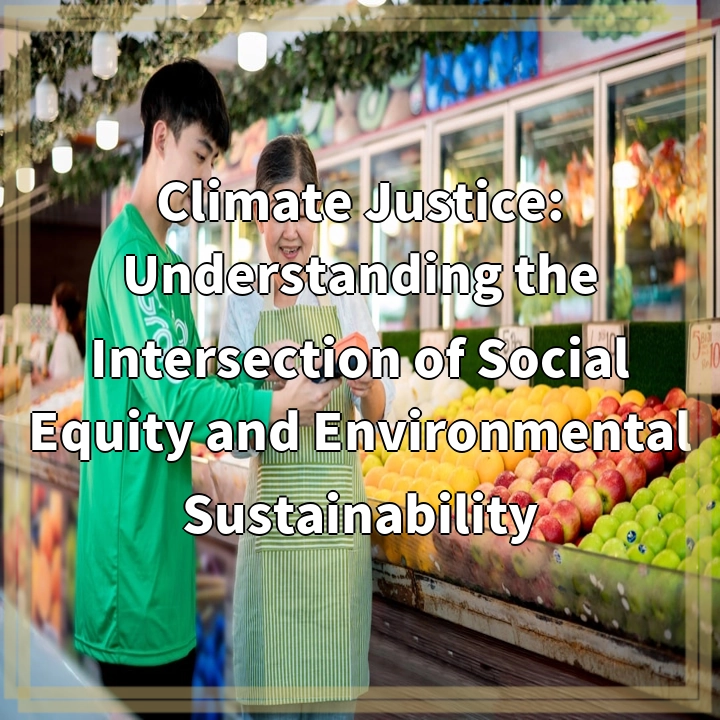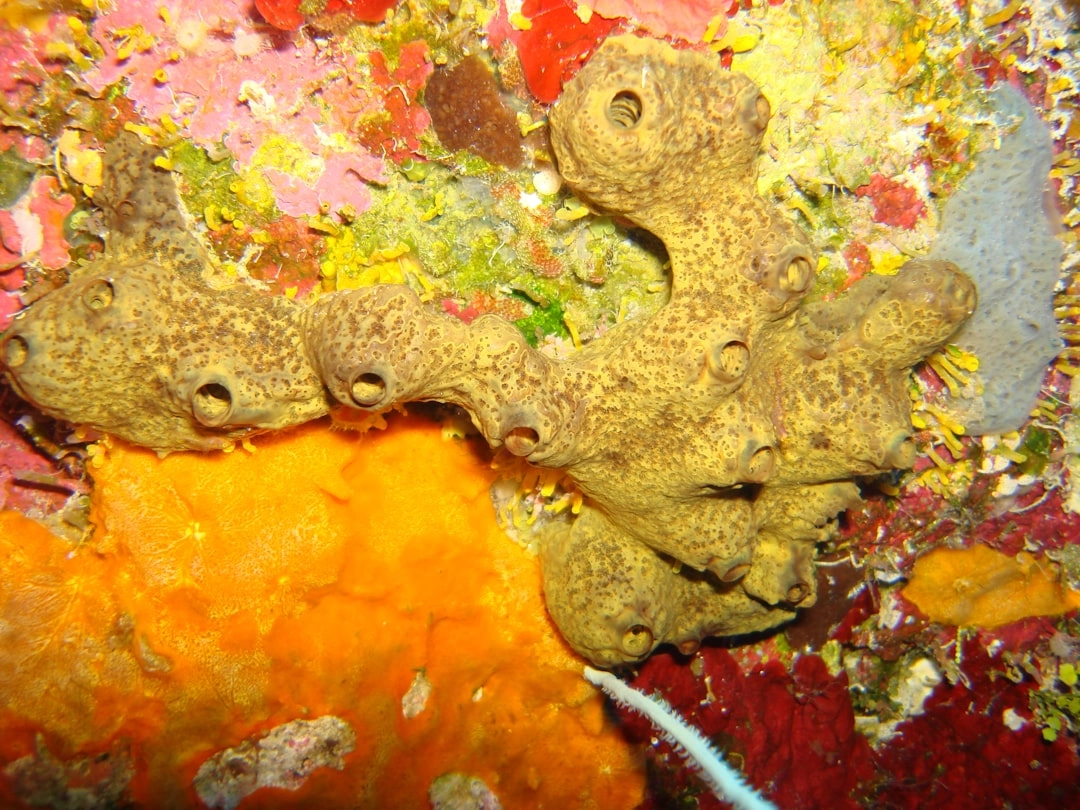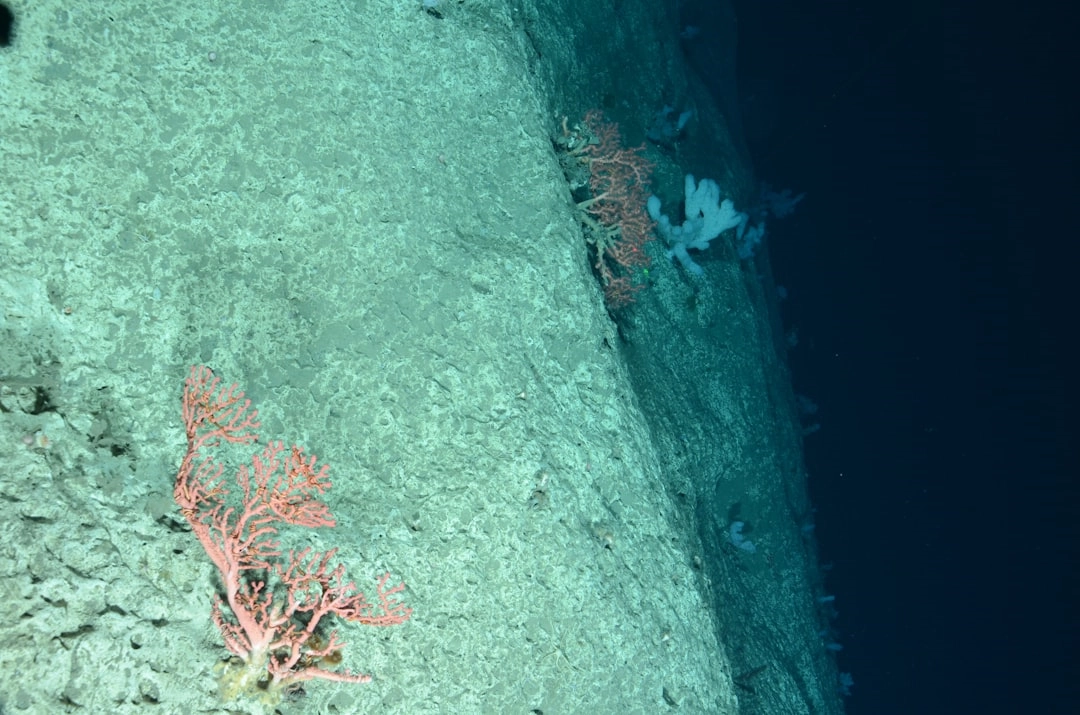
What is Climate Justice?
Climate justice is the concept that tackles the intersecting issues of social equity and environmental sustainability. It emphasizes the need to address the unequal distribution of the burdens and benefits of climate change. Climate justice calls for fair and just solutions that take into account the diverse impacts of climate change on different communities and ensure that vulnerable populations are not disproportionately affected.
Real-World Problems with Climate Justice
1. Environmental Racism: Communities of color and marginalized populations often bear the brunt of environmental degradation and climate change impacts. They are more likely to live in areas with poor air quality, lack access to clean water, and face risks from extreme weather events. Climate justice aims to address these injustices and ensure that environmental policies and actions do not perpetuate and worsen existing inequalities.
2. Displacement and Migration: Climate change can lead to displacement and forced migration, particularly in vulnerable regions. As resources become scarce, conflicts arise, and extreme weather events destroy homes and livelihoods, people are forced to leave their communities. Climate justice seeks to acknowledge and address the rights and needs of climate migrants, advocating for fair treatment, protection, and support.
3. Unequal Access to Resources: Climate change exacerbates existing inequalities in access to basic resources such as clean water, food, and energy. Marginalized communities often lack proper infrastructure to deal with a changing climate, making it difficult for them to adapt and mitigate the impacts. Climate justice aims to ensure equitable access to resources and promote sustainable practices that benefit all affected communities.
4. Power Imbalances: The decision-making processes related to climate change and environmental policies often overlook the voices and interests of marginalized communities. This perpetuates power imbalances and widens the gap between the most vulnerable and those responsible for addressing climate change. Climate justice advocates for inclusive and participatory decision-making, allowing affected communities to have a say in shaping policies and solutions.
By understanding the concept of climate justice and recognizing the real-world problems associated with it, we can work towards creating a more equitable and sustainable future for all.

Solutions to Address Climate Justice
1. Just Transition: Implementing a just transition framework is essential to ensure that the shift to a sustainable economy considers the needs and interests of workers and communities affected by the transition. This includes providing training and support for workers in industries impacted by climate change, as well as promoting green jobs and renewable energy solutions that prioritize social equity.
2. Environmental and Climate Education:
Education plays a vital role in creating awareness and understanding of climate justice issues. Incorporating environmental and climate education into school curricula at all levels can help foster a sense of responsibility and empower future generations to tackle environmental and social challenges. Promoting lifelong learning and public awareness campaigns can also broaden the impact of education initiatives.
3. Policy and Advocacy:
Advocating for policies that promote social equity and environmental sustainability is crucial. This involves supporting policies that address environmental racism, promote renewable energy, and protect the rights of marginalized communities. Climate justice advocates can engage in grassroots organizing, lobbying, and public participation to influence policymakers and support the implementation of fair and just policies.
4. Community Engagement and Empowerment:
Building partnerships and engaging with communities affected by climate change is essential for developing effective solutions. Ensuring that communities have a voice in decision-making processes, establishing community-led initiatives, and creating spaces for dialogue and collaboration can empower marginalized groups and ensure that their needs are taken into account.
5. International Cooperation:
Addressing climate justice requires global collaboration and cooperation. Encouraging international agreements and cooperation to support vulnerable regions, transfer sustainable technologies, and provide financial assistance can help address the unequal impacts of climate change and promote a more equitable and sustainable future for all.















